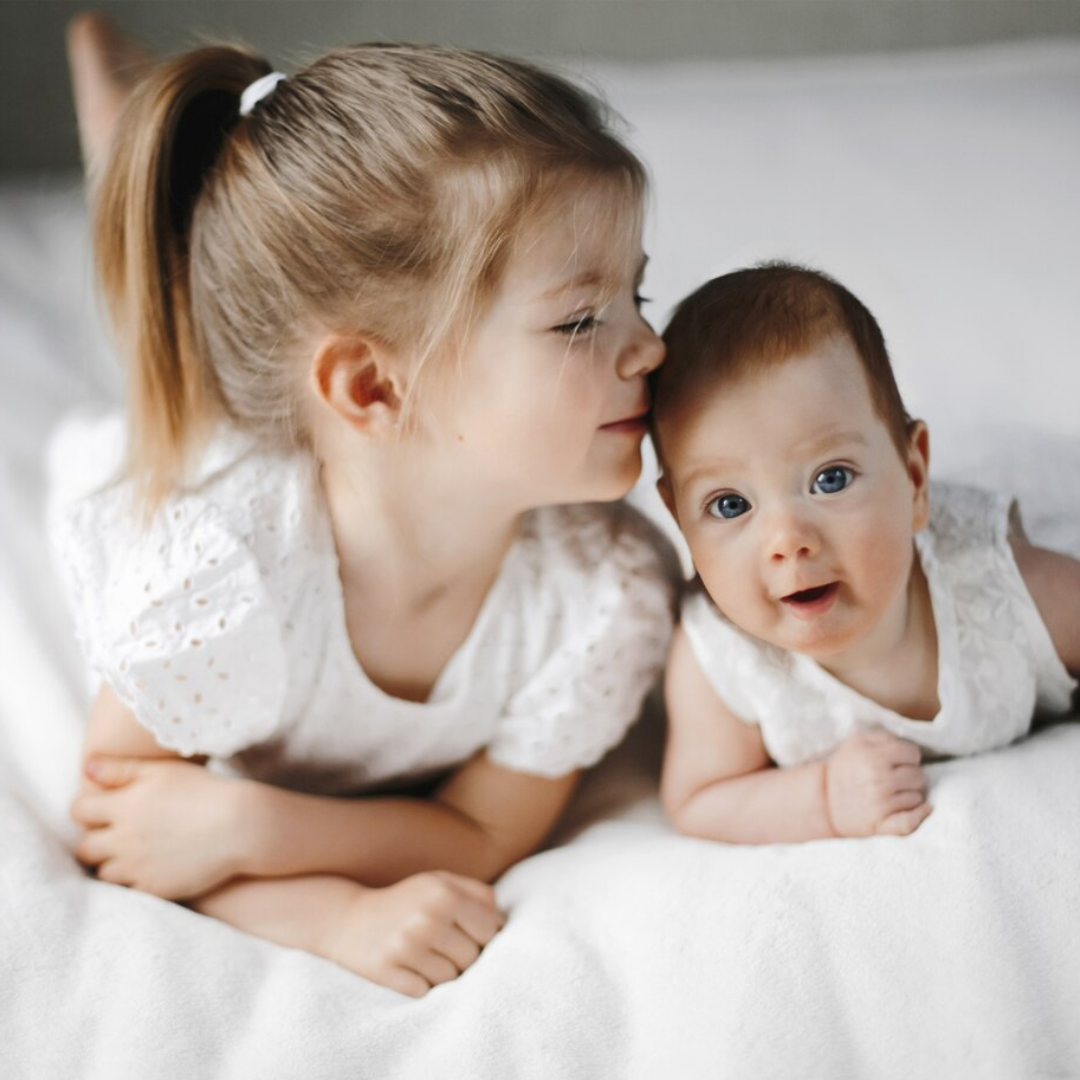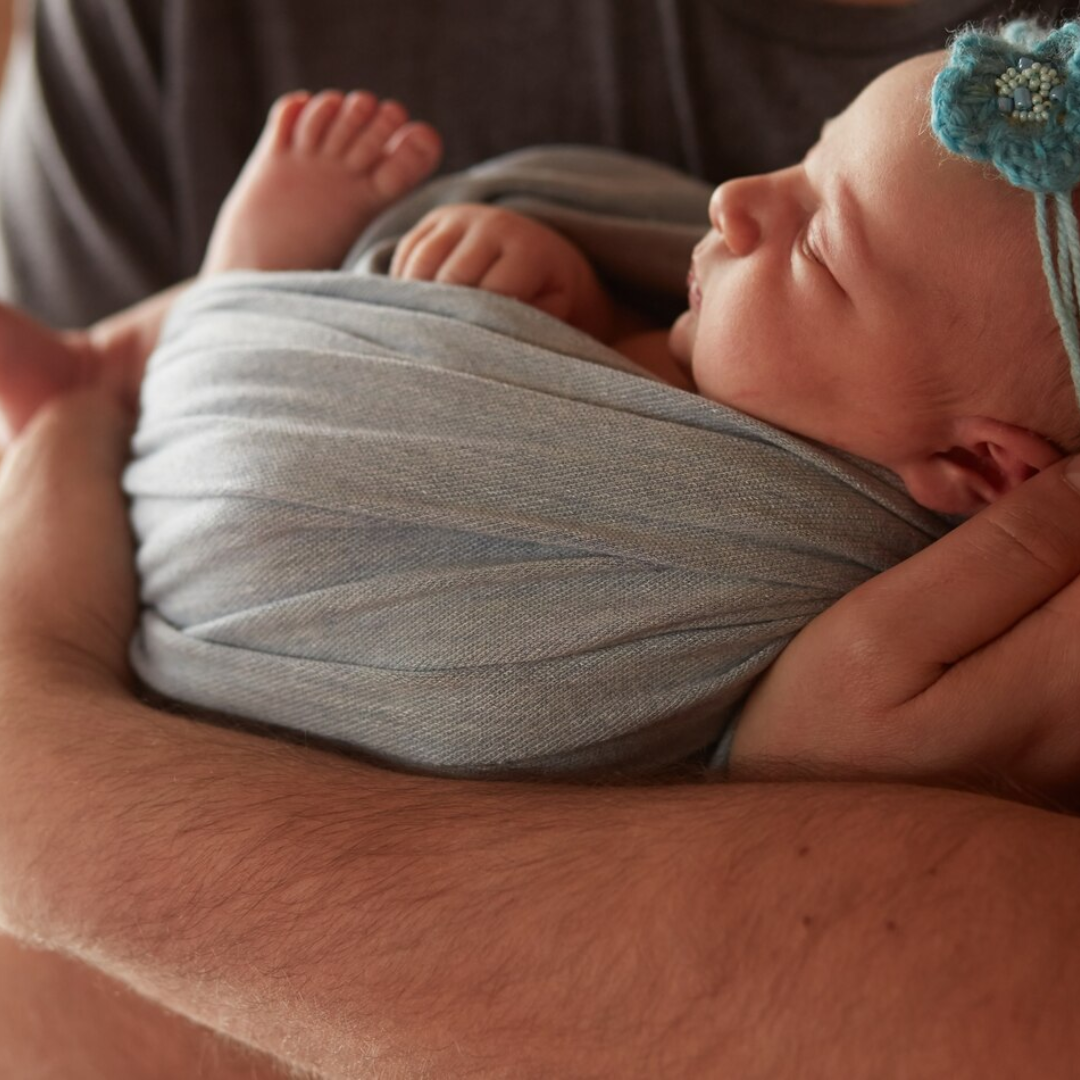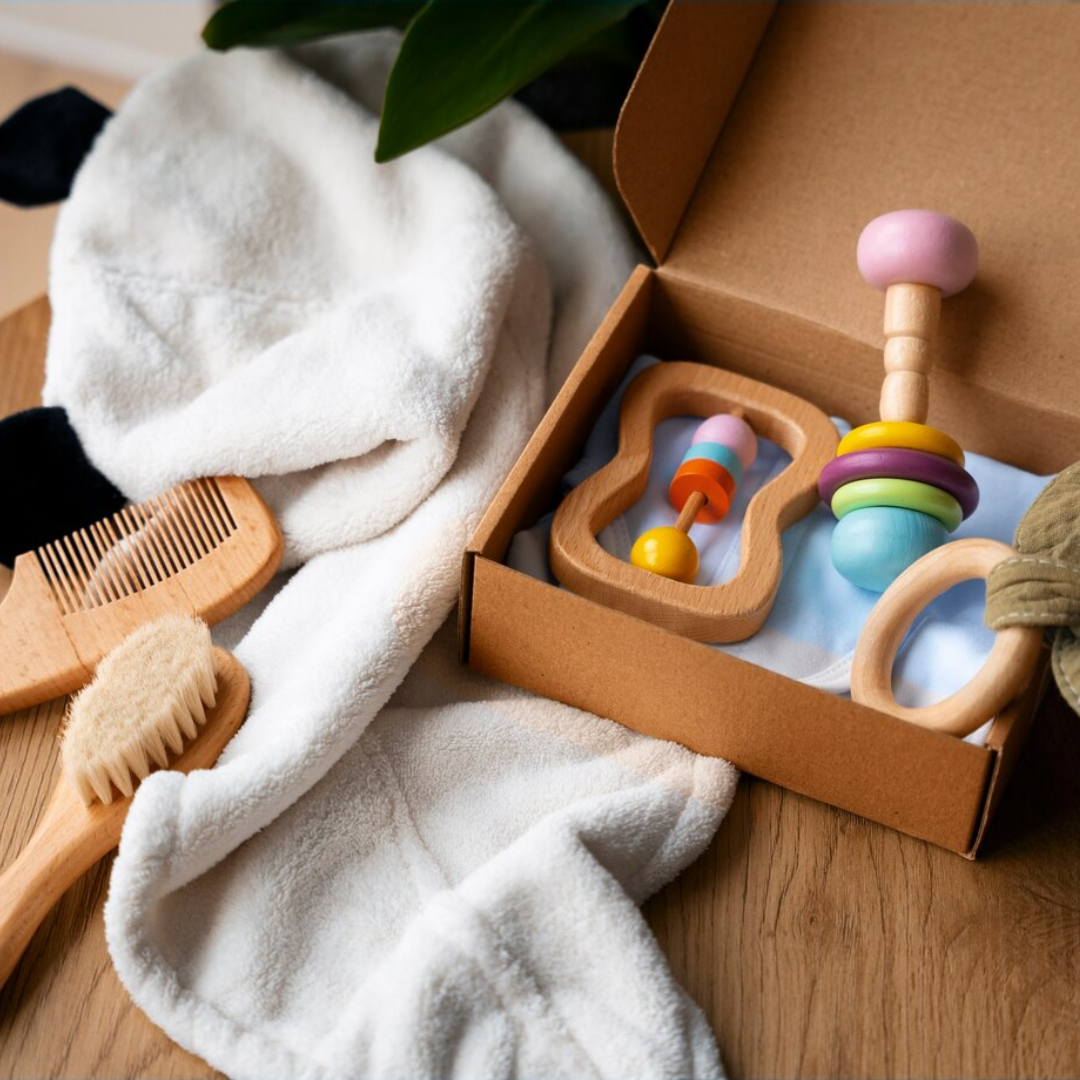
Introducing Your Kid to Their Newborn Sibling: A Guide for Parents
The arrival of a new sibling is an exciting and life-changing event for any family. However, while parents may be eagerly anticipating the joy of a new baby, the older sibling may have mixed emotions. It’s natural for them to feel a sense of loss or uncertainty as they adjust to the idea of sharing attention and love with a new family member. Introducing your child to their new sibling requires sensitivity, patience, and a little preparation to ensure the transition is as smooth and positive as possible.
In this blogpost, we’ll explore the importance of introducing your child to their sibling, tips for making the introduction go smoothly, and how to help your child adjust to their new role as a big brother or sister.

The first meeting between siblings can set the tone for their relationship in the future. While babies don’t understand much about what’s going on at first, older siblings are keenly aware of changes in the family dynamic. How you handle the introduction can help ease any fears, jealousy, or insecurity your child might feel and foster a healthy relationship between the two.
Preparing Your Older Child for the New Sibling

The key to a smooth introduction is preparation. The more you can prepare your older child for the arrival of their sibling, the more comfortable they’ll be when it’s time to meet the new baby. Here are some steps you can take:
1. Talk About the Baby Beforehand
Before the baby arrives, start talking to your older child about the new sibling. Keep the conversation positive, but be honest. Explain that a new baby will need a lot of attention at first, but that they will still be your special kid. Use age-appropriate language to help them understand what to expect. For example:
- “The baby will need a lot of care, but soon you’ll be able to play together.”
- “You’re going to be the best big brother/sister!”
You can also involve them in the pregnancy by asking them to help with small tasks, like choosing baby clothes or picking out a name. This helps them feel involved and excited.
2. Read Books About Becoming a Big Sibling
There are plenty of children's books available that help prepare older siblings for the arrival of a new baby. Books like The New Baby by Mercer Mayer, I’m a Big Brother by Joanna Cole, or Big Brother, Little Brother by Mary Chalmers are excellent choices. These books can help normalize the experience and give your child a sense of what to expect, especially regarding their feelings and role.
3. Discuss Changes in Routine
Children thrive on routine, and the arrival of a new sibling can disrupt that. Explain to your older child that while some things will change, many things will stay the same. For example, they may still have bedtime stories, but you might need to ask for their help while you're busy with the baby.
4. Involve Them in Baby Preparations
As you get ready for the baby’s arrival, involve your older child as much as possible. Let them help set up the nursery, pick out toys or clothes for the baby, or help you pack the hospital bag. Giving them a sense of ownership in the process helps them feel important and included.
The Introduction

The day your older child meets their new sibling is a big moment. While the baby won’t be able to fully appreciate the introduction, it’s still important to approach the meeting with care to make it a positive experience for everyone. Here’s how to make the first meeting go smoothly:
1. Make Sure the Older Sibling Feels Special
When your older child arrives at the hospital or home, make them feel like they are just as important as the new baby. Spend a few minutes focusing solely on your older child before introducing them to the baby. Offer a warm greeting, praise them for being such a great big brother or sister, and acknowledge their feelings with phrases such as “I’ve missed you so much!” or “You’re going to be the best big sister/brother ever!”
2. Keep the Baby’s Role Low-Key
At first, avoid overwhelming your older child with your baby. Babies don’t interact much in the beginning, so don’t expect the older child to feel any immediate bond. Allow them to take their time observing the baby, and don’t force them to interact if they’re not ready.
3. Let the Older Sibling Help
Toddlers and young children love to feel helpful. Let your older child “help” with the baby in small ways, such as handing you a diaper, picking out the baby’s clothes, or gently patting the baby’s back. Giving them these small tasks will help them feel involved and valued, rather than replaced by the new arrival.
4. Maintain One-on-One Time
The birth of a new sibling often means less time for the older child, but it’s important to maintain one-on-one time with them. Before or after the baby’s arrival, make sure you carve out some time for special activities with your older child. This could be reading a book, playing a game, or just having a quiet conversation.
5. Give Them a Gift
Some parents find it helpful to give their older child a gift “from the baby.” This gesture can help ease feelings of jealousy or resentment and make the child feel special. It could be a toy, a book, or something personal they would appreciate. It’s a simple way to make the older child feel excited about the baby.
Supporting Your Child as They Adjust

After the introduction, your older child may have a lot of different feelings about their new sibling. Some children may initially show affection, while others might feel left out or even act out. Here are some tips for supporting your child as they adjust to their new role:
1. Acknowledge Their Feelings
It’s important to recognize that your older child might be feeling a mix of emotions. They may be excited one moment and frustrated the next. Give them space to express how they feel, and validate their emotions. Reassure them that it’s okay to feel a little unsure or upset and that things will get easier over time.
2. Be Patient
The transition to big siblinghood can take time. Your older child may act out, regress in behaviors (like wanting to sleep in your bed or needing extra attention), or even express jealousy toward the baby. Stay patient, consistent, and gentle as your child adjusts to the changes.
3. Praise Positive Behavior
When your older child shows affection for the baby or helps out with little tasks, praise them enthusiastically. Positive reinforcement will encourage them to continue acting kindly toward their sibling.
4. Encourage Bonding
Over time, encourage your older child and the new baby to bond. They won’t be able to interact much at first, but you can create opportunities for them to be close, like allowing the older child to “read” to the baby, sing to them, or talk to them in a soft voice. This helps build a connection, even if it’s subtle at first.

With a little preparation, patience, and understanding, you can help your older child adjust to their new role and create a positive foundation for their relationship. By acknowledging their feelings, involving them in the process, and giving them attention and love, you’ll set the stage for a strong sibling bond that can grow as they both get older.



